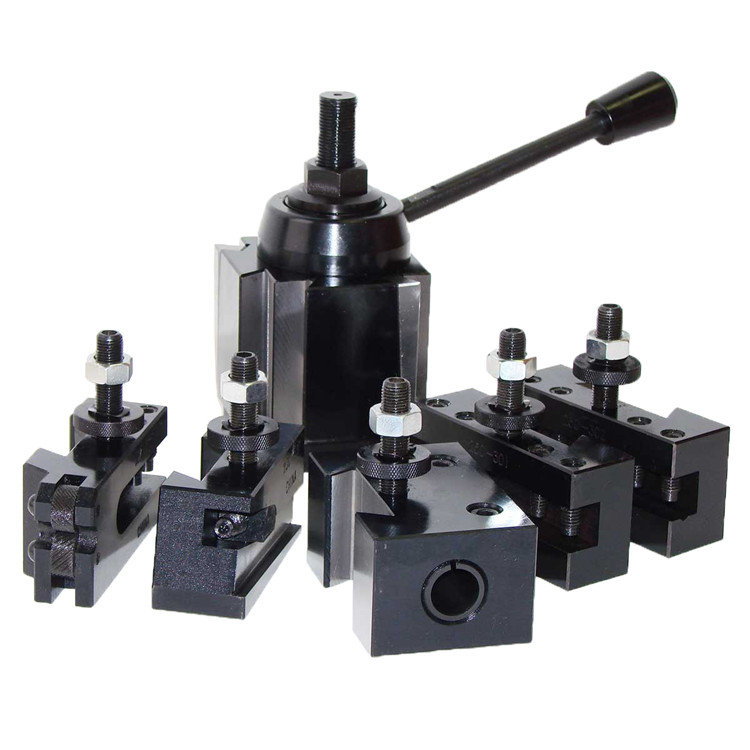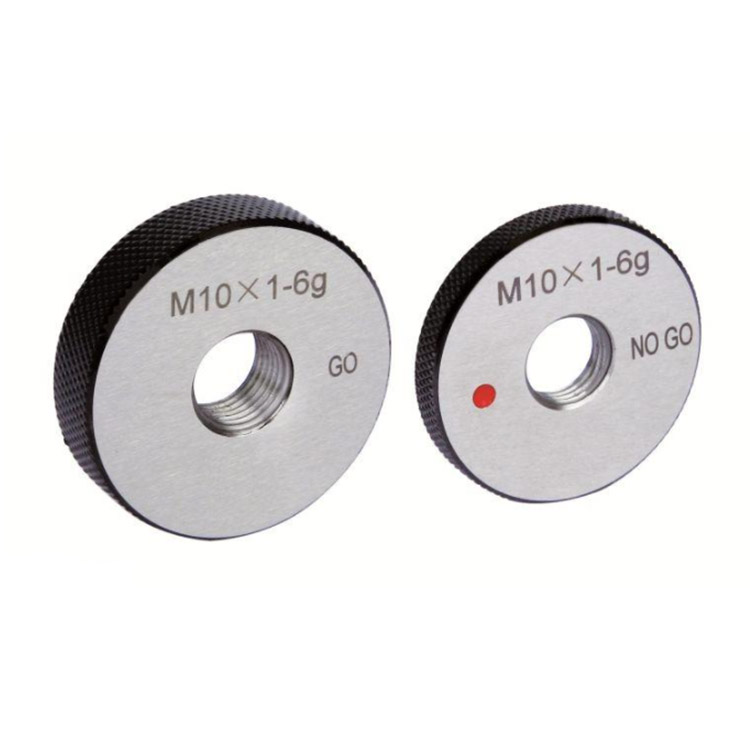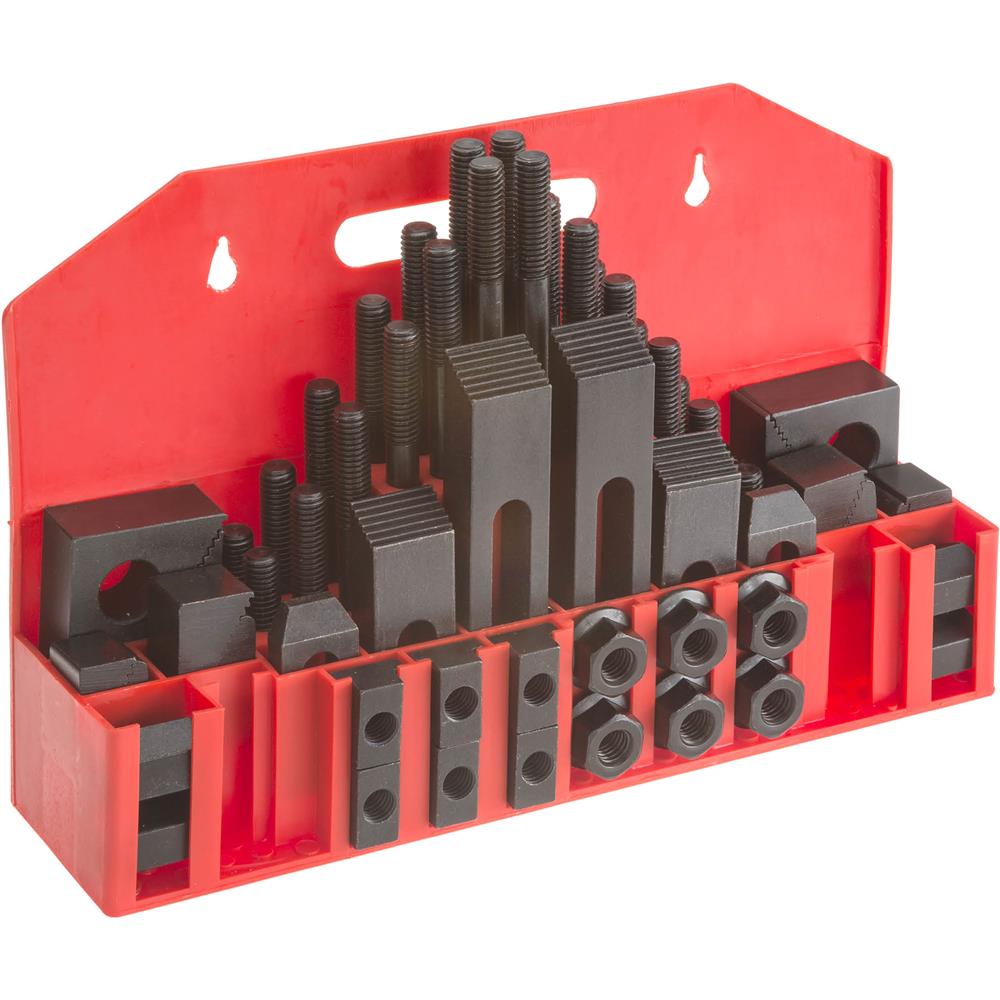Wholesale reamer tools
Wholesale reamer tools are essential for achieving precise hole sizing and finishing in various industries. This guide explores the different types of reamer tools, their applications, selection criteria, and where to find reliable wholesale suppliers, ensuring you get the right tool for the job at the best possible price.
Understanding Reamer Tools
Reamers are rotary cutting tools used to enlarge or finish existing holes to precise dimensions. Unlike drills, reamers do not create holes; they refine them. They are available in various types, each designed for specific materials and applications. At Wayleading Tools, we understand the importance of precision, and our reamer tool selection reflects that commitment.
Types of Reamers
- Hand Reamers: Operated manually, ideal for small-scale projects and precise adjustments.
- Machine Reamers: Designed for use in drilling machines, lathes, or milling machines for efficient and accurate hole finishing.
- Chucking Reamers: A type of machine reamer with a cylindrical shank, easily held in a chuck.
- Taper Reamers: Used to create tapered holes, often for tapered pins or fasteners.
- Adjustable Reamers: Allow for minor adjustments in hole size, providing flexibility for varying tolerances.
- Expansion Reamers: Similar to adjustable reamers but use an expansion mechanism to adjust size.
Applications of Wholesale Reamer Tools
Wholesale reamer tools are used across a wide range of industries, including:
- Automotive: Machining engine components, transmission parts, and other precision parts.
- Aerospace: Manufacturing aircraft components with strict dimensional accuracy.
- Manufacturing: Producing tools, dies, molds, and other components requiring precise holes.
- Metalworking: General hole finishing and resizing in various metalworking applications.
- Woodworking: Enlarging or smoothing holes in wood, though less common than in metalworking.
Selecting the Right Reamer Tool: Key Considerations
Choosing the appropriate wholesale reamer tools for your needs requires careful consideration of several factors:
Material Compatibility
The material of the reamer should be compatible with the workpiece material. High-speed steel (HSS) reamers are suitable for a wide range of materials, while carbide reamers are ideal for harder materials like hardened steel and cast iron. Check the manufacturer’s specifications for material compatibility. For example, a cobalt HSS reamer from Wayleading Tools is well-suited for stainless steel applications.
Hole Size and Tolerance
The reamer should be selected based on the desired hole size and tolerance. Ensure the reamer's diameter matches the required hole size and that it can achieve the necessary precision. Adjustable reamers are useful when dealing with varying tolerances.
Reamer Type
The type of reamer should be chosen based on the application. For example, a hand reamer is suitable for manual operations, while a machine reamer is designed for automated machining processes. A taper reamer should be chosen for creating tapered holes. Wayleading Tools offers a diverse selection to meet various application needs.
Number of Flutes
The number of flutes affects the reamer's cutting performance and surface finish. Reamers with more flutes generally produce smoother finishes but may require lower cutting speeds. Fewer flutes allow for better chip evacuation in softer materials.
Shank Type
The shank type must be compatible with the machine tool holder. Common shank types include straight shanks, tapered shanks (Morse taper), and threaded shanks.
Where to Find Reliable Wholesale Reamer Tool Suppliers
Finding a reputable supplier of wholesale reamer tools is crucial for ensuring quality, reliability, and competitive pricing. Consider the following factors when selecting a supplier:
- Product Range: A supplier offering a wide range of reamer types and sizes can meet diverse needs.
- Quality Assurance: Look for suppliers with robust quality control processes and certifications.
- Pricing: Compare prices from different suppliers to ensure you are getting a competitive rate.
- Customer Support: Choose a supplier with excellent customer support to assist with product selection and troubleshooting.
- Shipping and Delivery: Consider the supplier's shipping options and delivery times.
Reamer Tool Maintenance and Care
Proper maintenance and care can significantly extend the life of your wholesale reamer tools and ensure consistent performance. Here are some essential tips:
- Cleaning: Clean reamers after each use to remove chips and debris.
- Lubrication: Use appropriate cutting fluids to reduce friction and heat during machining.
- Storage: Store reamers in protective cases or racks to prevent damage.
- Sharpening: Regularly inspect reamers for wear and sharpen them as needed to maintain cutting efficiency.
Example Reamer Tool Specifications
Below is an example of typical specifications for a machine reamer, presented in a table format. These specifications are based on industry standards and can vary slightly depending on the manufacturer.
| Specification | Value |
|---|---|
| Material | High-Speed Steel (HSS) |
| Diameter | 1/2 inch |
| Flute Length | 3 inches |
| Overall Length | 6 inches |
| Number of Flutes | 6 |
| Shank Type | Straight |
| Tolerance | +0.0002 / -0.0000 inch |
Conclusion
Investing in high-quality wholesale reamer tools is essential for achieving precise and accurate hole finishing in various applications. By understanding the different types of reamers, their applications, and the key considerations for selection, you can ensure you choose the right tools for your specific needs. Partnering with a reliable supplier like Wayleading Tools provides access to a wide range of reamers and expert support.
Disclaimer: This information is for general guidance only. Always consult with a qualified professional or refer to the manufacturer's specifications for specific applications.
Source: Data parameters and specifications are derived from industry standards and common manufacturer practices. Specific brand specifications may vary. Always refer to the official documentation for precise details.
Related products
Related products
Best selling products
Best selling products-
 DIN4971-ISO1 Carbide Tipped Tool Bit With Right And Left Hand
DIN4971-ISO1 Carbide Tipped Tool Bit With Right And Left Hand -
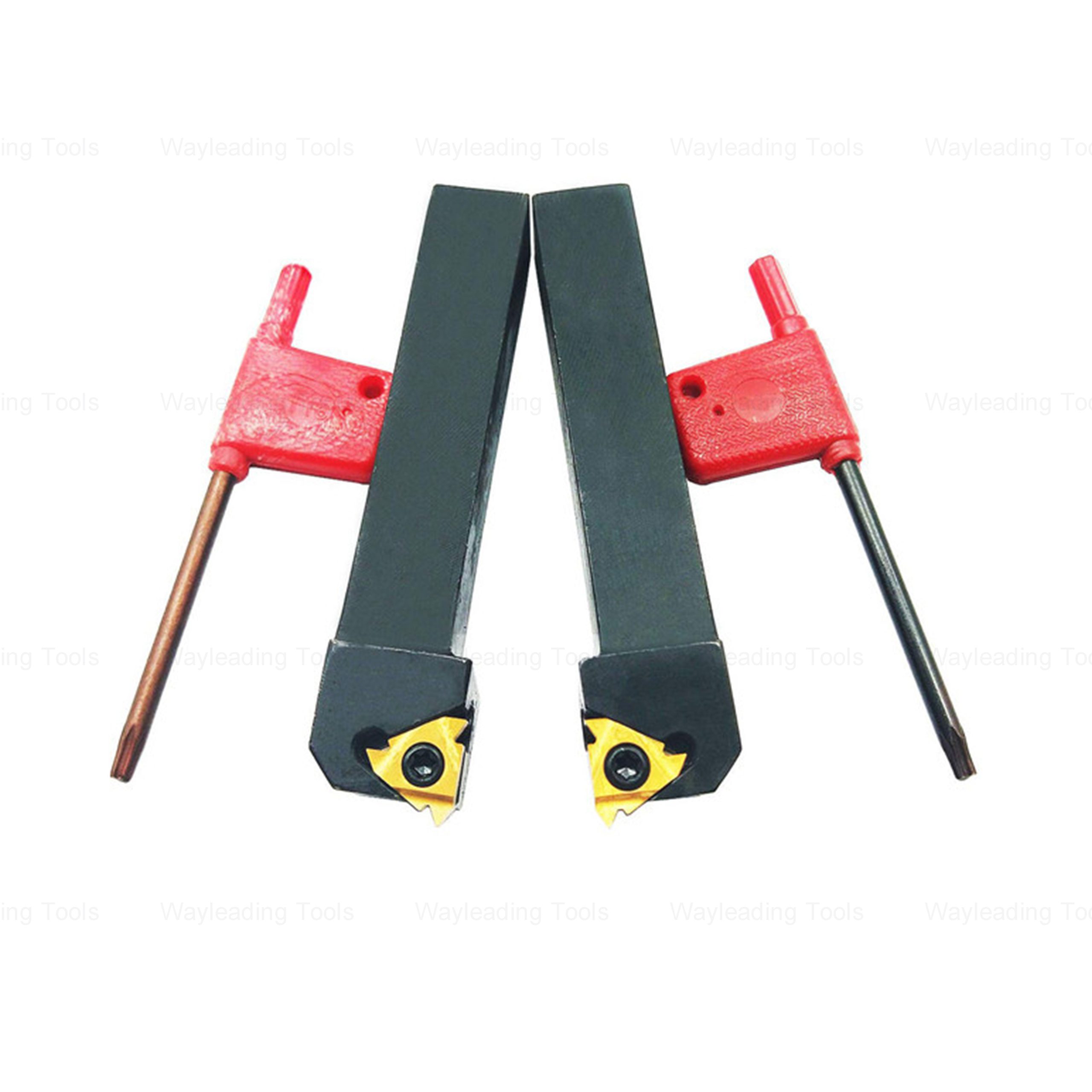 Indexable External Threading Tool Holder – SER / SEL, Metric & Inch
Indexable External Threading Tool Holder – SER / SEL, Metric & Inch -
 HSS Inch Screw Slotting Saws For Industrial With Bright Or TiN Coated
HSS Inch Screw Slotting Saws For Industrial With Bright Or TiN Coated -
 Straight Shank ER Collet Chuck Holders With Extending Rod
Straight Shank ER Collet Chuck Holders With Extending Rod -
 Adjustable Tap And Reamer Wrench For Thread Cutting Tools
Adjustable Tap And Reamer Wrench For Thread Cutting Tools -
 Type B Cylinder Tungsten Carbide Rotary Burr
Type B Cylinder Tungsten Carbide Rotary Burr -
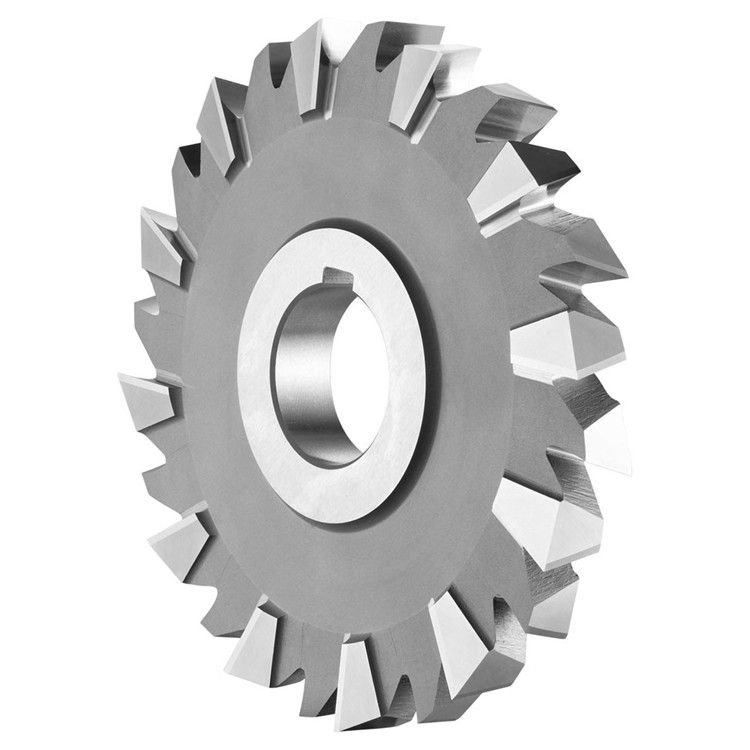 HSS Metric Side Milling Cutter With Bright Or TiN And TiAlN Coated
HSS Metric Side Milling Cutter With Bright Or TiN And TiAlN Coated -
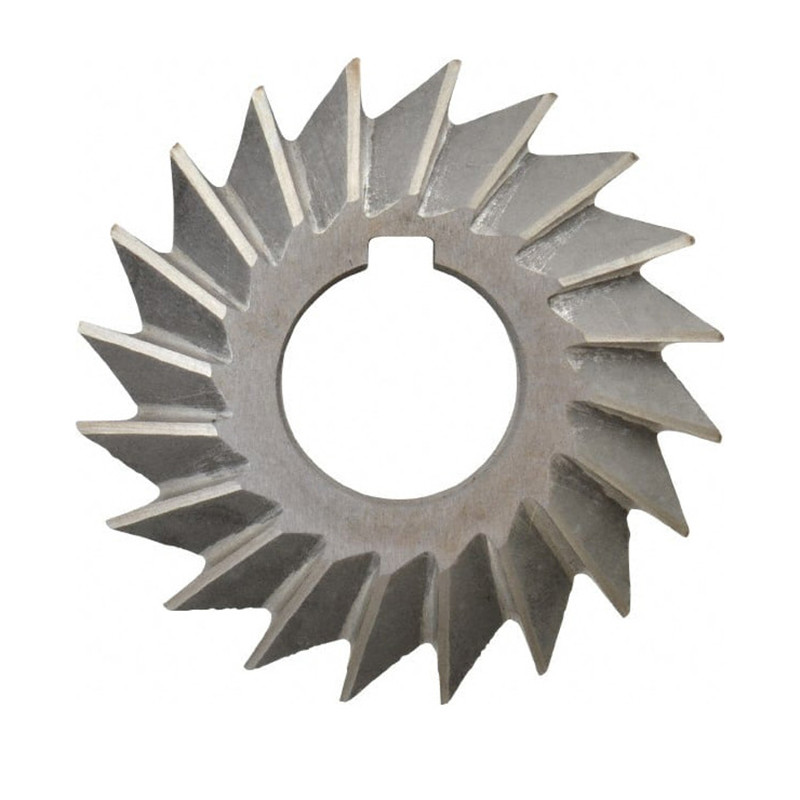 HSS Inch & Metric Single Angle Milling Cutter For Industrial With Bright Or TiN Coated
HSS Inch & Metric Single Angle Milling Cutter For Industrial With Bright Or TiN Coated -
 Electronic Digital Height Gauge From 300 to 2000mm
Electronic Digital Height Gauge From 300 to 2000mm -
 Type E Oval Tungsten Carbide Rotary Burr
Type E Oval Tungsten Carbide Rotary Burr -
 HSS Inch Taper Shank Twit Drills For Metal Cutting Of High Precision
HSS Inch Taper Shank Twit Drills For Metal Cutting Of High Precision -
 Type J-60 Degree Cone Tungsten Carbide Rotary Burr
Type J-60 Degree Cone Tungsten Carbide Rotary Burr


